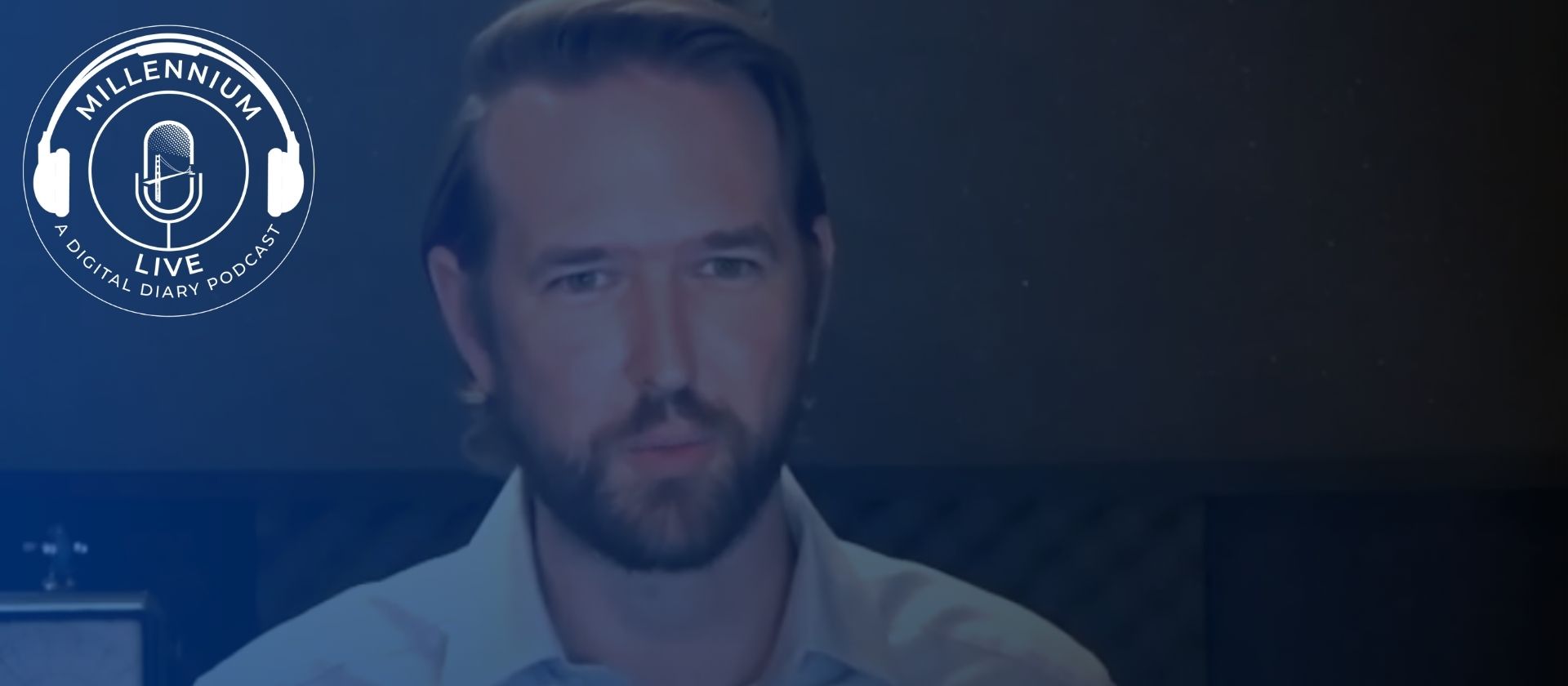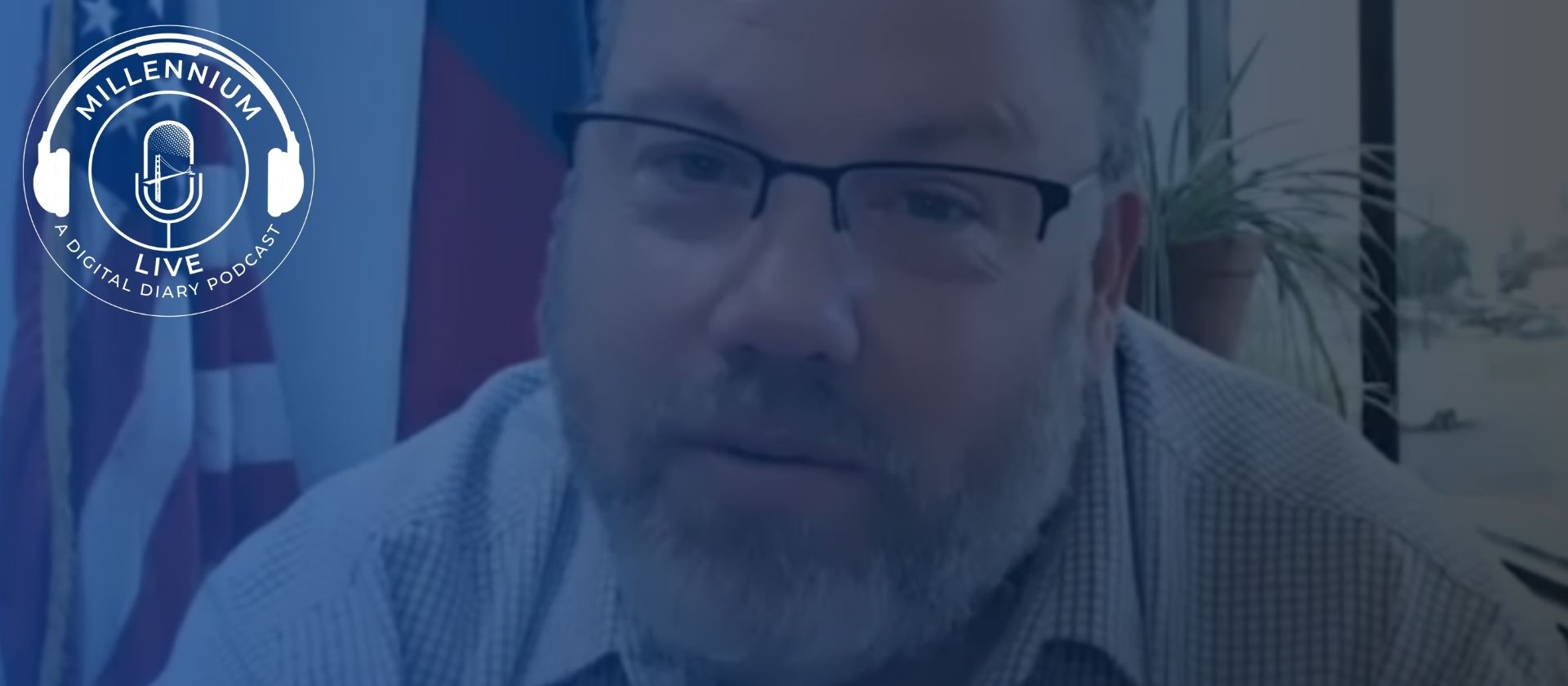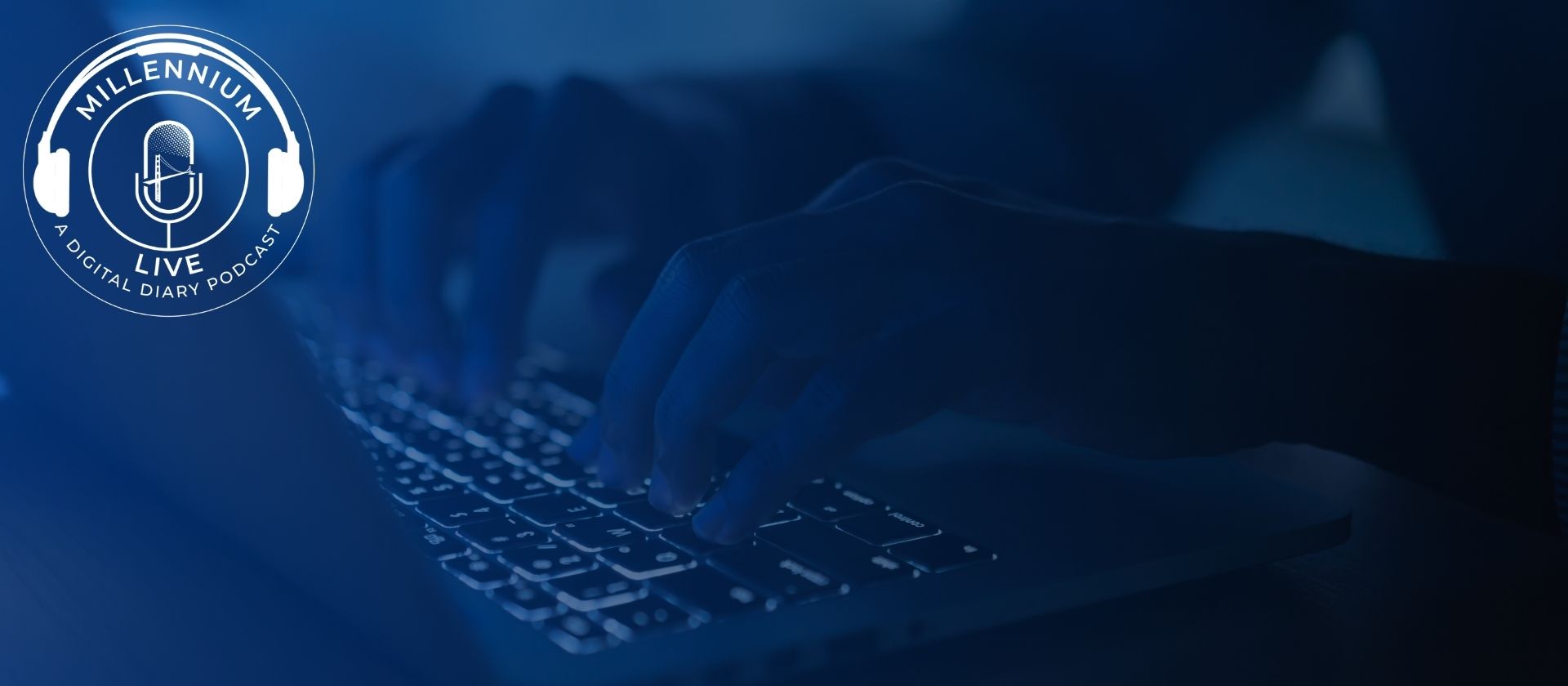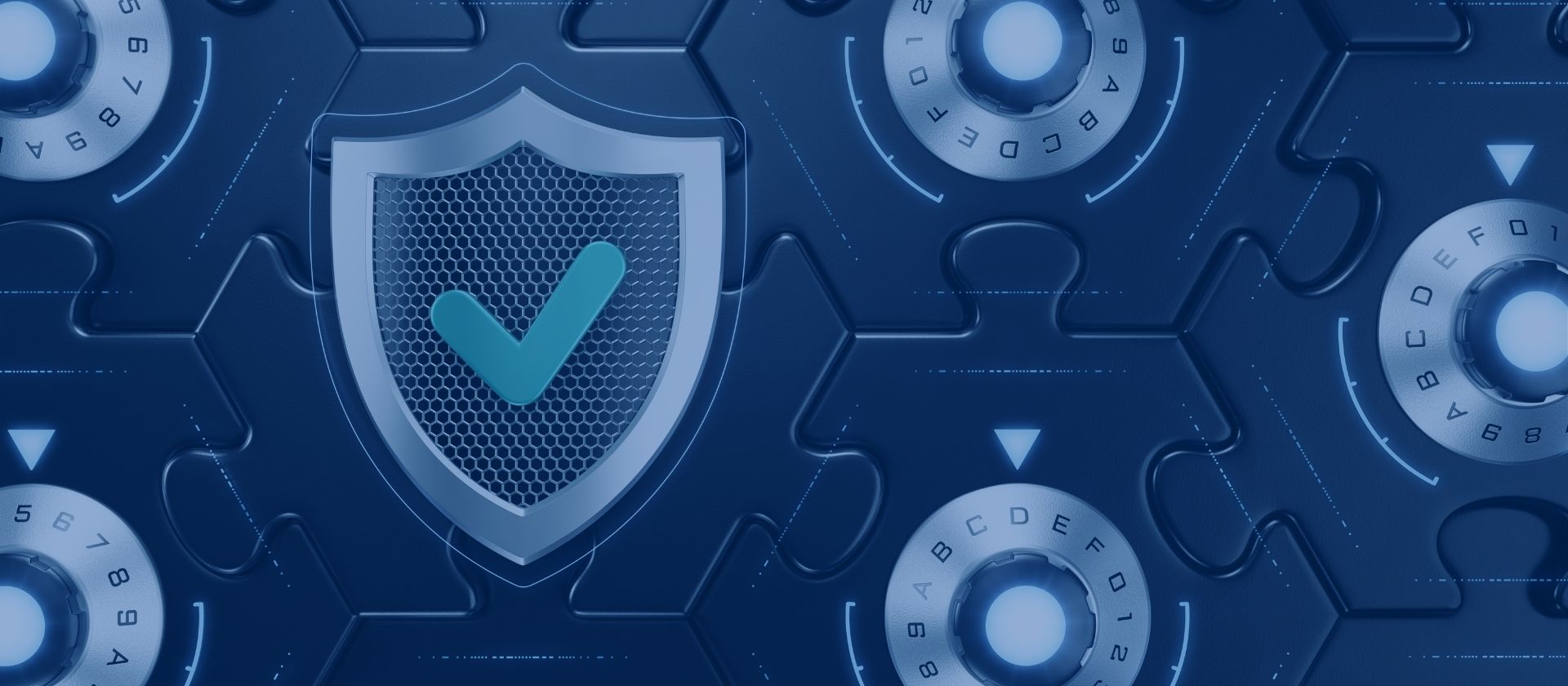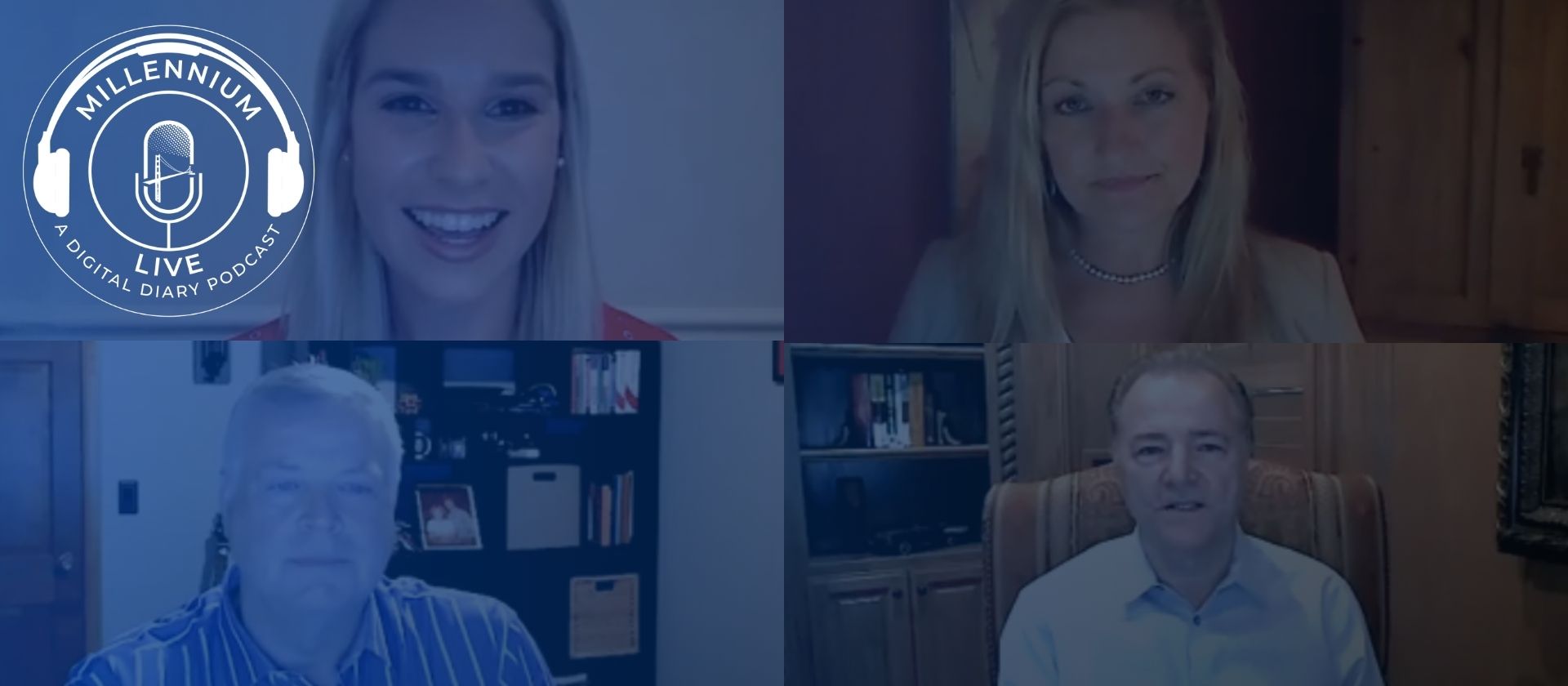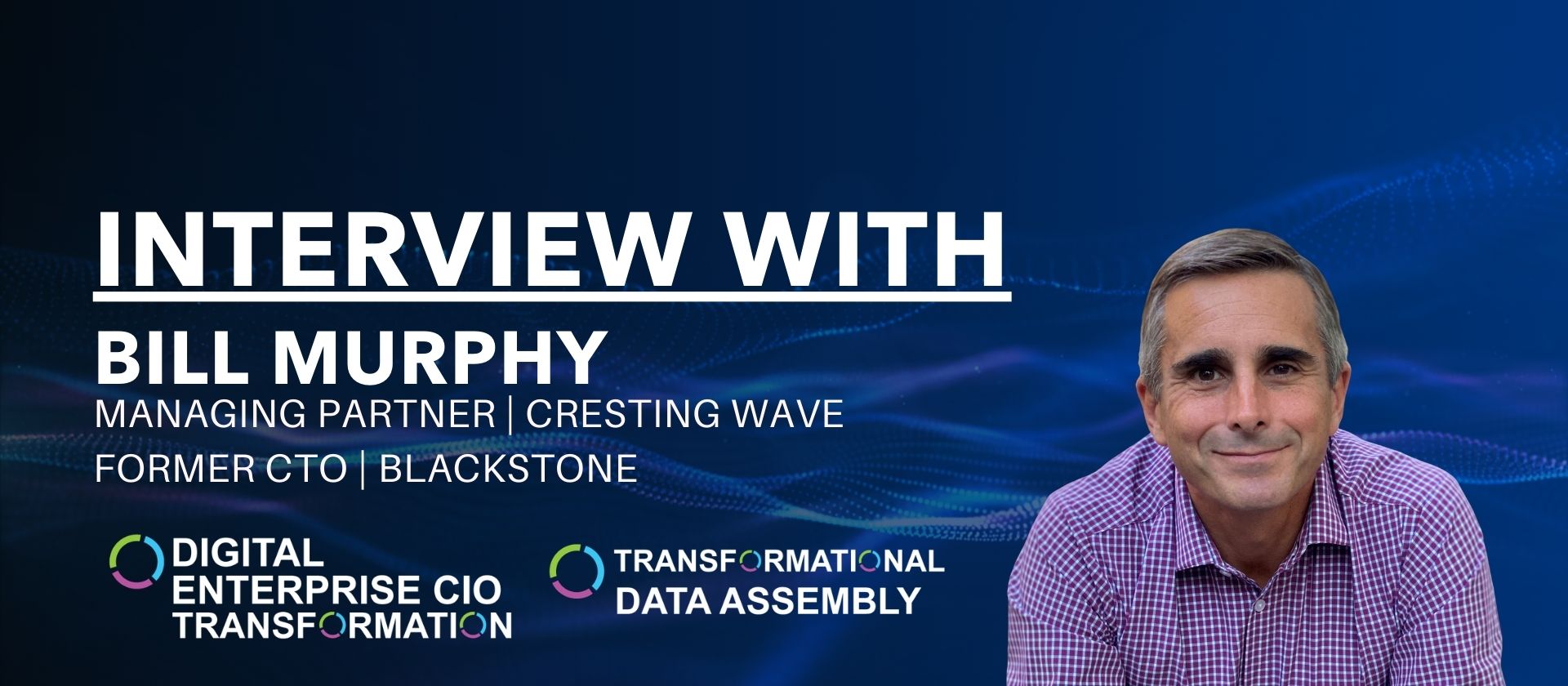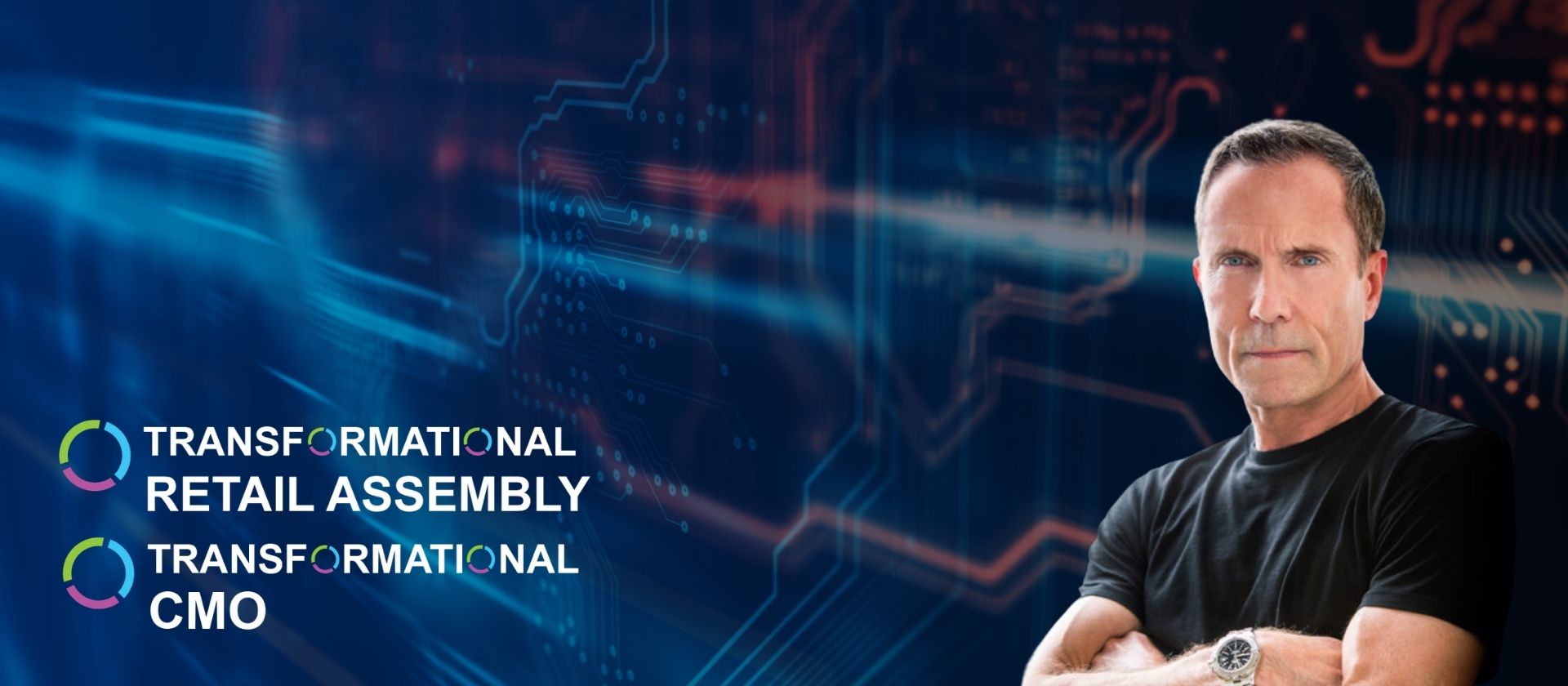As originally published by David Sable on Linkedin. Subscribe to the newsletter!
New York: The City that Never Dies
Dear Readers,
Your assignment, should you choose to accept it, is to return to work in a so-called dying city. Brave the violence-ravaged streets to go anywhere. Use public transportation at your own risk. Scavenge for food and other necessities. Live in fear and loneliness, as the city continues to empty. Work in isolation and venture forth at your own peril. This message won’t self-destruct…you will be gone first, one way or another.
…
Who in their right mind would accept this assignment? Not even Tom Cruise—the movie wouldn’t last long enough for him to do any wild ass-stunts.
In fact, we have probably seen this scenario in more apocalyptic movies and zombie TV shows than we can count.
Yet, some would have you believe this isn’t the plot from yet another B-minus movie or the latest Netflix mini-series, but rather the current state of New York City. A city that, some have claimed, is virtually dead to the world.
On the one hand, I could fulfill my lifelong action hero fantasy by leaning into the role and embrace the terrible situation posited by so many pundits, commentators, experts and analysts. OR, I could embrace my inner Clark Kent and tell you that it’s all crap. New York City is alive, recovering, and actually pulsing with energy just waiting to be unleashed come fall.
As any of my dedicated readers know, I love to find historical parallels from which we can all learn. As such, I researched other times that NYC was deemed “dead,” “never to return.” And let me tell you, I lost count of the number of times throughout history that our dear city was claimed to be so.
Let’s take an obvious, albeit tragic example: After 9/11, many believed that Lower Manhattan would never recover. Certainly, after the financial collapse of 2008, when “eternal” titans like Bear Stearns and Lehman Brothers collapsed, people thought Wall Street was caput.
And further back now…what about when the British captured New York City in 1776, imposing Martial Law and spending the next seven years looting and plundering? The Great Market Crash of 1929? It brought New York city so low that it took 10 years and the New Deal to get the state, and rest of the country, back on track. The New York City draft riots of 1863? Not even one of the largest civil and racially charged urban disruptions in American History could destroy the city.
Let us consider a more resonant parallel to our times: The 1918 Flu Pandemic, or Spanish Influenza, which tore through the crowded streets and tenement buildings of New York, killing more than 20,000 people in the city alone. The city not only survived 1918 but grew to thrive in the roaring 20s before collapsing again in the 30s, and eventually, bouncing back yet again.
Considering these many examples, calls to mind a well-known, often-misquoted anecdote involving Samuel Clemens, known to most as Mark Twain. The true story goes as follows: When a New York newspaper reached out to the author, asking him if he was on his deathbed, Twain responded, “I can understand perfectly how the report of my illness got about, I have even heard on good authority that I was dead, [however] the report of my death was an exaggeration.”
So, too, New York City, where Mark Twain spent so much time and wrote so many beloved texts—a City he loved to poke at, make fun of, and target his wicked wit—of that city, he wrote:
“Make your mark in New York and you are a made man”
Which, of course, calls to mind the famous Fred Ebb lyric (song by John Kander):
“If I can make it there, I’ll make it anywhere”
In all honesty, my wife and I left the City during the lockdown, spending 6 months with our children and grandchildren (the equivalent of 3 summers) at our summer getaway. But we are back.
We are back and optimistic, more so, energized, because New York City is energized. Sure, she’s limping and still bears her battle wounds, but if history has taught us anything, it’s that the City will return…different, but greater in so many ways.
I write this because the questions raised by Mark Twain’s letter reverberate today. Think about one newspaper report that started the rumor of his early demise…now fast forward to today.
That one mistaken, ill-informed, or even reckless newspaper has been replaced by a 24-hour news cycle, social media, a horde of politicians either spreading or claiming, “fake news,” warring politicians, special interest groups, chatterers, experts and, of course, the ever-present trolls.
Meanwhile, in NYC; we walk the streets, sit outside in restaurants, go to stores, take the subway, run the trails, bike the paths, see friends (in a socially-distanced manner, of course), shop, attend religious services in new and safe ways, picnic at the parks, and even go into the office.
The streets are not empty. The sidewalk restaurants are full. And every day, more and more people are returning to the use of public transportation.
Sadly, many small businesses are hurt—some beyond recovery—but there are many initiatives at work to save those that are still salvageable, and are helping new ones emerge…like Cinch Market, which has started a shop-local movement, “Brooklyn Not Bezos.”
New York is a city of ingenuity. I don’t want to give you a trite resilience talk, but it really is a city that makes things work—a city where the plans for the new World Trade Center Towers were conceived, even while many predicted that no one would ever return there. And return we did. In fact, it’s where my office is currently located.
Bottom line: if this were a marketing brief (and it is…in a way), I could give you no better insight than to quote the late, great Dorothy Parker:
“London is satisfied, Paris is resigned, but New York is always hopeful”
And the amazing John Steinbeck who got it just right:
“New York is an ugly city, a dirty city. Its climate is a scandal, its politics are used to frighten children, its traffic is madness, its competition is murderous. But there is one thing about: Once you have lived in New York and it has become your home, no place is good enough”
And there you have it.
I don’t mean to be a New York jingoist. I am simply setting the record straight, so you can market appropriately.
When you can, do visit again…we’re keeping the lights on. And do spread the word.
What do you think?

